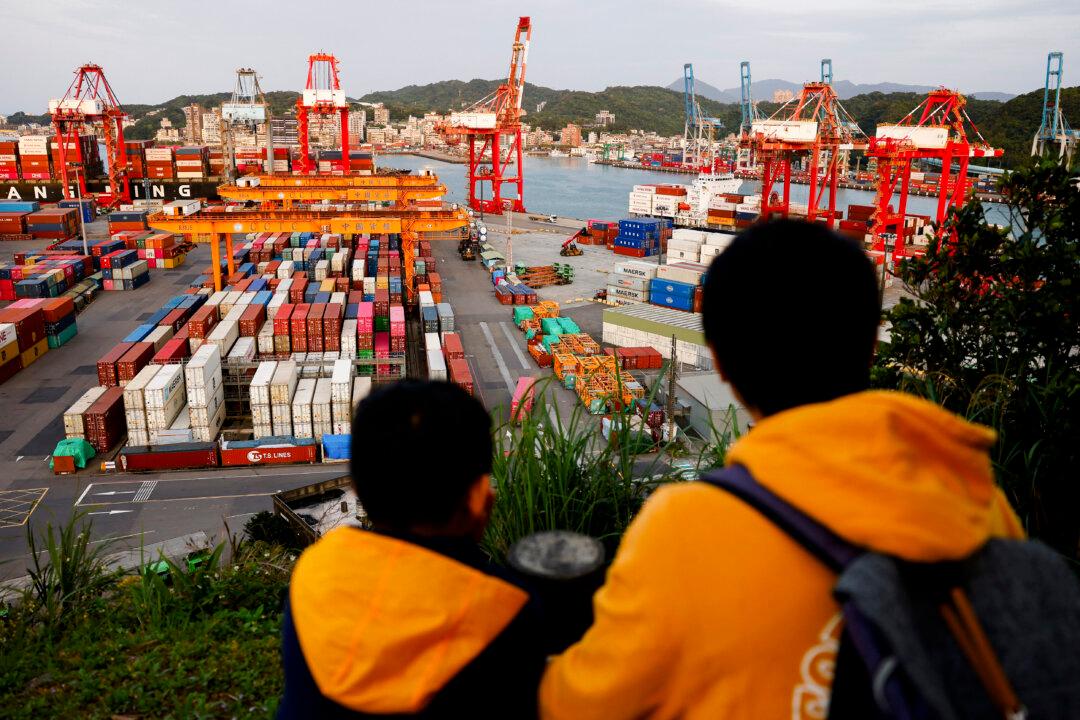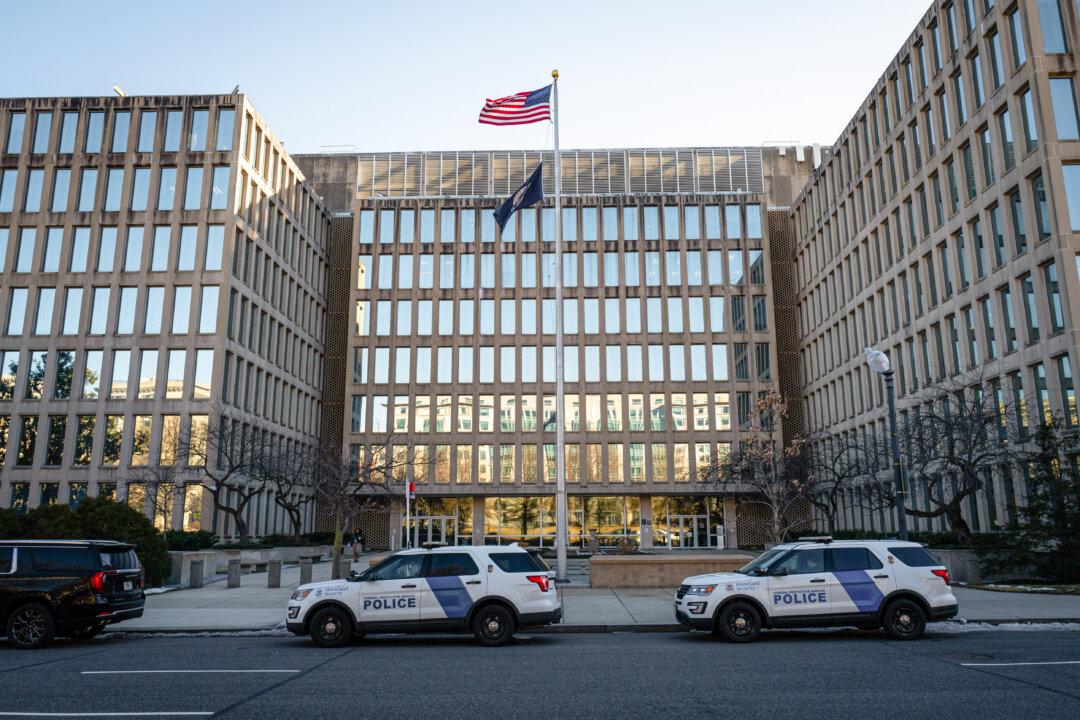Taiwanese President Lai Ching-te on April 6 said his nation would offer zero tariffs and no retaliation as the start of negotiations with the United States while vowing to remove trade barriers.
Lai said Taiwanese companies will also increase their investments in the United States. The comments were made in response to sweeping import tariffs announced by President Donald Trump on April 2. Taiwan has a trade surplus with the United States and will see a 32 percent tariff on its exports to the United States.





